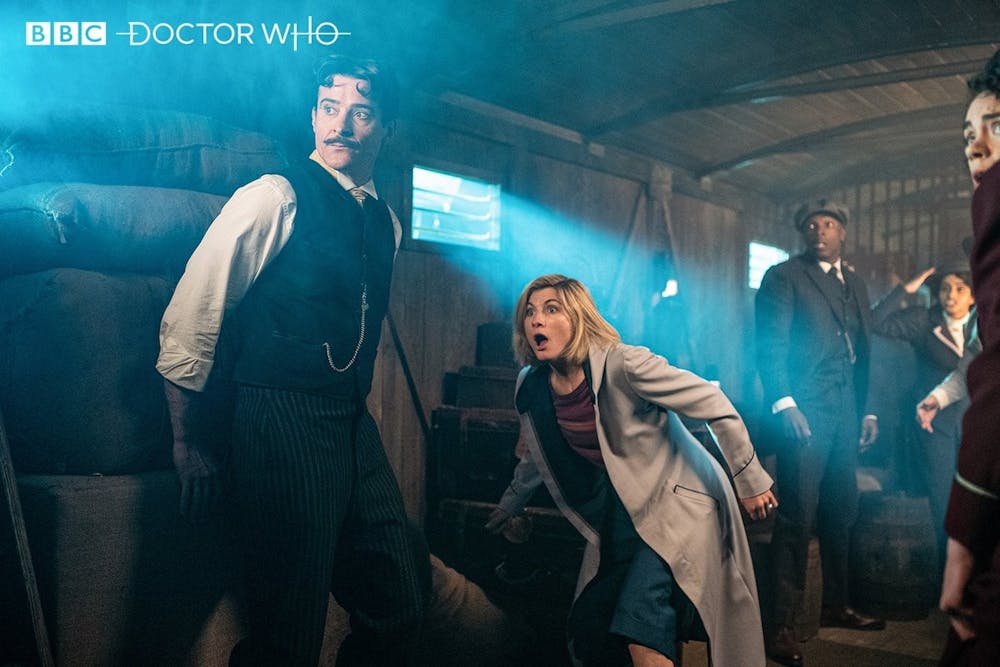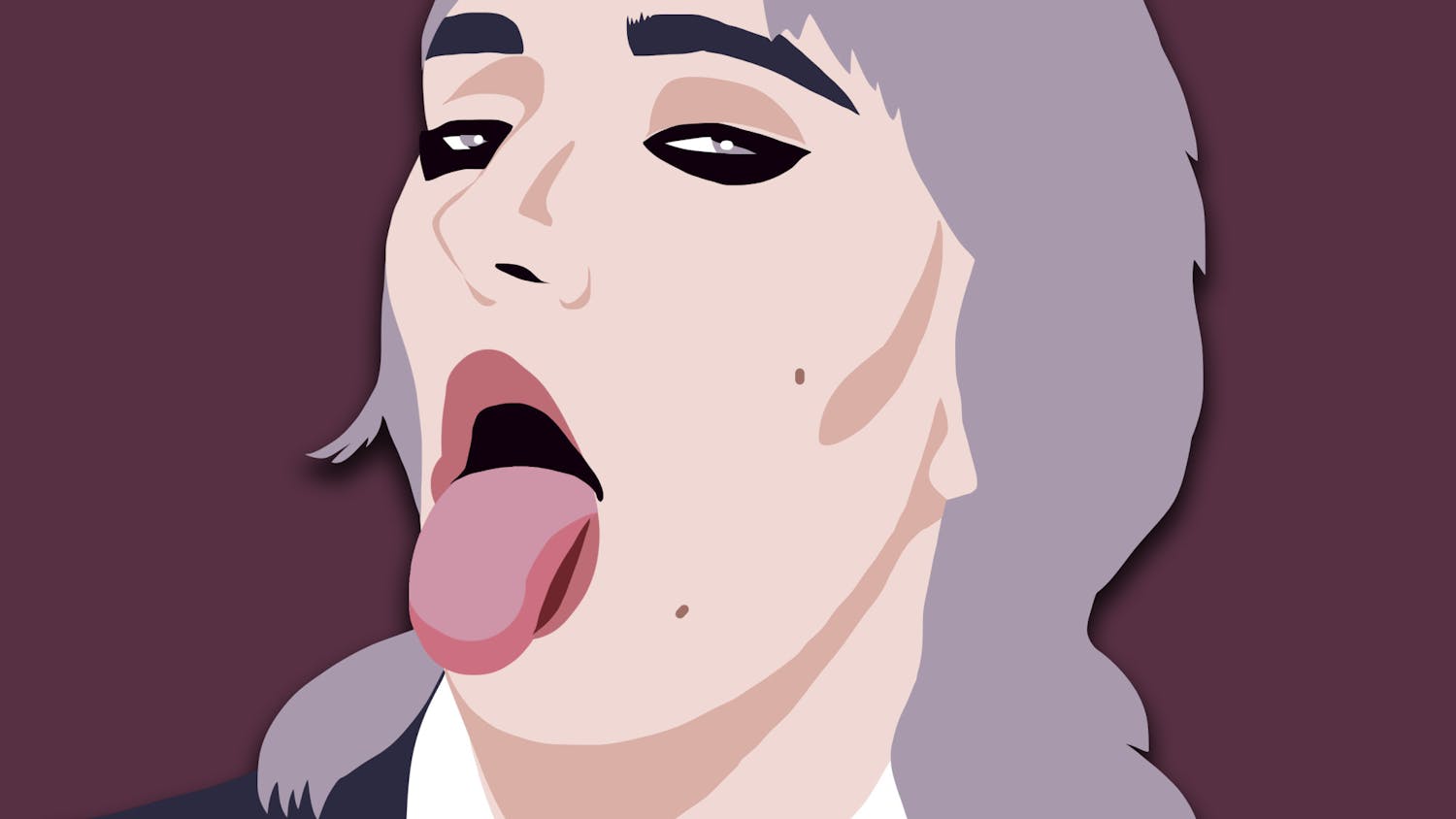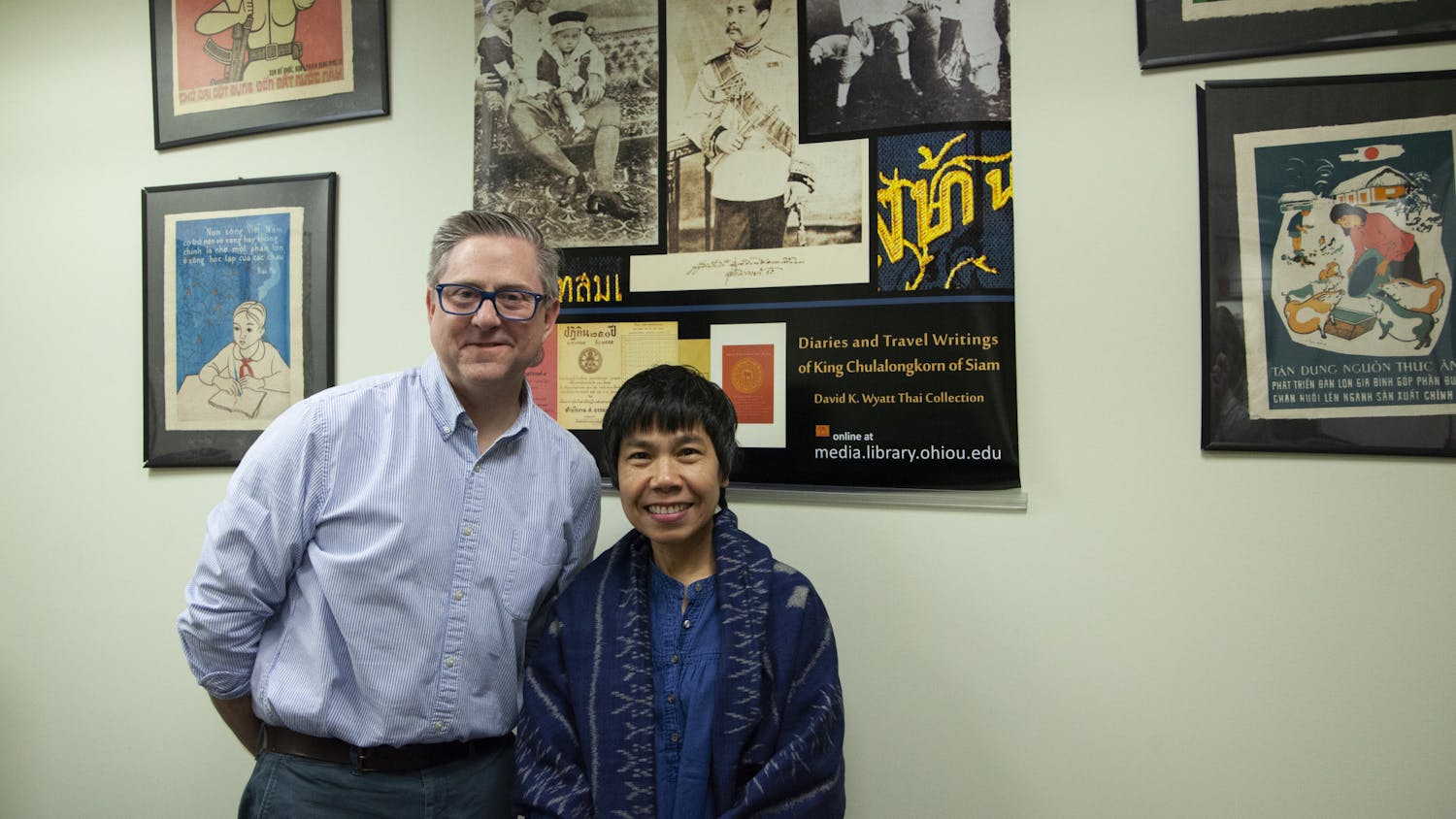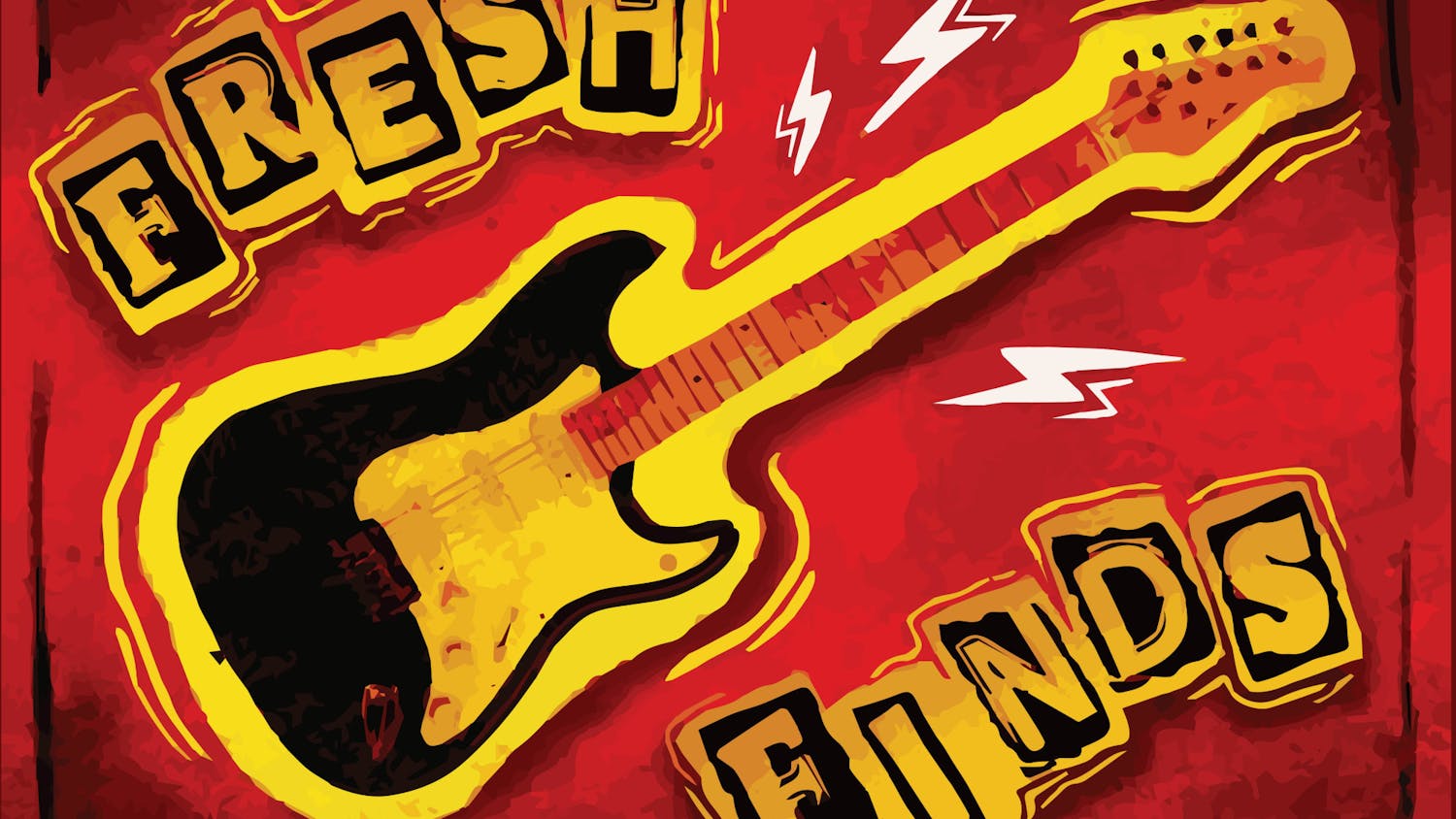Since last season, many of Doctor Who’s best episodes have been its historical ones, emphasizing important historical figures and events as the main attraction, not just as a backdrop for another sci-fi adventure. “Nikola Tesla’s Night of Terror” continues this streak, exploring the inventor’s history in a way that aims to educate as well as entertain.
Starting as a period piece in which Nikola Tesla (Goran Višnjić) unsuccessfully attempts to win over investors for his inventions, the inventor and his assistant, Dorothy Skerritt (Haley McGee), find a mysterious alien orb and become hunted by cloaked figures with alien technology. The Doctor (Jodie Whittaker) and team TARDIS, having landed near 1903 New York, cross paths and team up to discover the origin of the orb and why Tesla is under attack.
Along the way, they run into another historical inventor: Thomas Edison (Robert Glenister). True to real history, Edison has in many ways taken advantage of Tesla’s genius, with new writer Nina Metivier framing Edison as an arrogant figure who values power over knowledge.
Both Višnjić and Glenister take on their respective roles expertly, aided by the authentic costuming and gorgeous period set. All three members of team TARDIS look especially dapper in their period suits as well, although the Doctor keeps her signature outfit.
Special attention should be given to series composer Segun Akinola as well, with a beautiful cello melody serving as Tesla’s theme. The soundtrack further cements the episode as a period piece with bits of sci-fi injected in, heightening Tesla’s aspirations and fear of failure.
Where the historical elements are given the utmost care, however, the episode’s traditional sci-fi elements seem more like an afterthought. Although seeing Edison and Tesla’s fascination with the TARDIS and modern technology are delightful, the final confrontation ends up being with a villain perhaps best left to Doctor Who’s past. Furthermore, Tesla’s relevance to the alien menace is a bit absurd, even for a show as fantastical as this.
Back in the 1960s, when Doctor Who was meant to be primarily an educational program, the Doctor would often spend significant stretches of time without a single alien — aside from himself — appearing on-screen. Instead, the Doctor and his companions would immerse themselves in different time periods, such as Ancient Rome, the Aztec Empire or even the French Revolution, with the villains and heroes simply being the historical figures of their respective eras.
Doctor Who’s identity has irreversibly changed in the 56 years since its inception, and that’s a good thing. But now that the series is yet again showing an eagerness to dig beneath the surface when it comes to examining history, do we really need “bug-eyed monsters” popping up to distract from that?
Doctor Who airs Sundays at 8 p.m. on BBC America.






